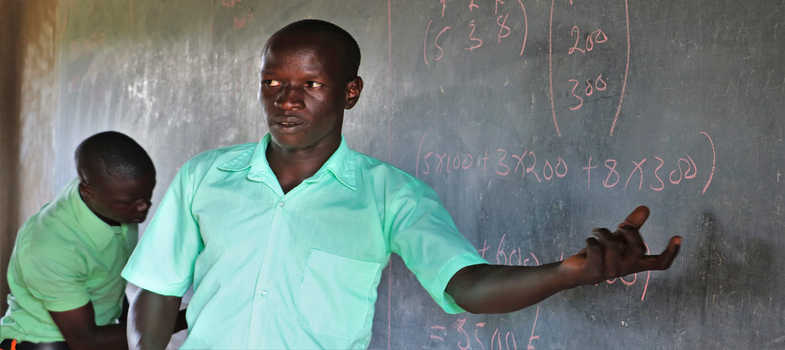Cognitivism
Cognitivism is a learning theory that focusses on how information is received, organized, stored and retrieved by the mind. It uses the mind as an information processer, like a computer. Therefore, cognitivism looks beyond observable behaviour, viewing learning as internal mental processes. In this view, learners are actively involved in the way they process information. Knowledge, memory, thinking, and problem solving are areas for development.
History
Cognitivist theory developed as a reaction to Behaviorism and gained credence in the 1950s. Cognitivists objected to behaviorists because they felt that behaviorists thought learning was simply a reaction to a stimulus and ignored the idea that thinking plays an important role. Although many researchers contributed to the development of the learning theory (e.g. Bruner, Vygotsky, Bloom, Ausubel), Piaget’s views had a tremendous impact. Spurred by the work of Piaget (Constructivism), knowledge is viewed as symbolic mental constructs, or schemata. When a learners' schemata are changed, learning takes place. As neuroscientists continue to discover more about how the brain works, cognitive psychologists and educators are concerned with how to use that knowledge in the learning environment.
Key principles and practical implications
The main principles underpinning the cognitive learning theory are:
- Learning is a process of organizing information into conceptualized models.
- Instructions should be organized, sequenced and presented
in a manner that
is understandable and meaningful to the learner. - Retention and recall is important to build schema’s in the brain.
- Memory is supported by organizing learning material.
- Teachers/Trainers must provide tools that help learner’s
brain process information.
Considering the key principles and classroom implications
above, think
about the following question:
to help them organize and process information?
After noting down your answers, watch the video below and get feedback
on the question above.
(Reference: video 1)
